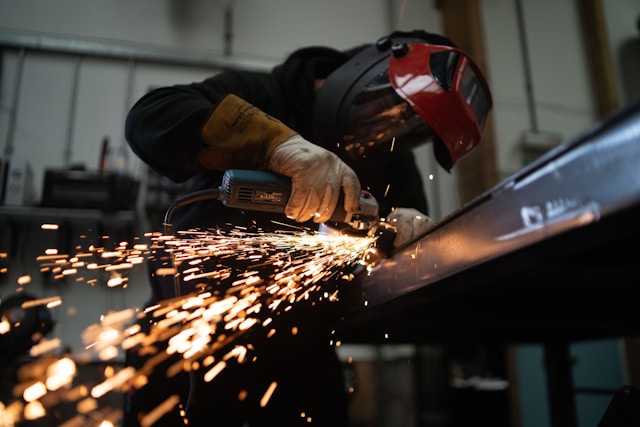Aerospace applications require bearings capable of enduring high speeds, heavy loads, and extreme temperatures. There is also a need for bearings to be designed for stability, vibration resistance, and precision movement.
Demand for bearings, gearing, and engineered components is driven by the growing number of commercial and military aircraft worldwide. This expansion is supported by fleet modernization programs that necessitate investment in new equipment.
Reduced Maintenance Costs
Bearings are one of the most critical components of aircraft, requiring the special design requirements Danbury, CT, and performance standards. When high-quality custom bearings are used, they can help reduce maintenance costs and downtime due to failure.
Designing a custom bearing begins with an in-depth analysis and understanding of the application, including load magnitude and direction, speed, working temperature, duty cycle, and acceleration. Design for manufacturability and assembly (DFMA) is also considered, with tolerances, geometry, raw materials, and machine/press capabilities all considered.
In addition to load capacity, stiffness is a critical factor in low-speed bearings. For example, a flanged bearing requires high stiffness to prevent shaft deformation. However, that same stiffness may reduce the ability of a bearing to adapt to changes in dynamic conditions. This is why it is important to consider all factors when designing a bearing for an aerospace application.
Lower Operating Expenses
The bearing, gearing, and engineered component industry is a multibillion-dollar market that includes producers of commercial aircraft, submarines, military vehicles, automotive equipment, construction machinery, industrial equipment, and components for food and beverage, packaging, and canning. Demand for these products is influenced by new aircraft production and carrier traffic volume worldwide, as well as modernization programs that necessitate the purchase of replacement parts.
High-quality custom bearings can help reduce operating expenses by minimizing downtime due to failure. This is because they are designed to meet an application’s specific requirements, including load capacity in stationary or dynamic conditions. Additionally, they are typically made with more durable materials than standard or off-the-shelf bearings that rely on economies of scale and a generic design to achieve their cost goals. Companies can improve product quality and efficiency by working with a manufacturing partner that offers engineering, toolmaking, fabrication, and assembly under one roof. They can also ensure their parts are designed and manufactured to the highest possible standards.
Less Downtime Due to Bearing Failure
Bearings are integral to many industrial systems and equipment, allowing them to function without disruption. When they wear out or malfunction, it can disrupt production and cause downtime, resulting in lost profits. However, with proper maintenance and adequate lubrication, you can minimize the risk of system failures by using high-quality custom bearings in your applications.
When designing your next application, consult a specialty bearing manufacturer to create the best solution for your requirements. They can recommend the ideal materials and features to meet your performance goals, load capacity, size and weight limitations, and other design considerations.
In addition, a specialist can also advise you on the best handling and storage methods for your bearings to prevent premature damage. Improper storage can lead to contamination from dampness, dust, and varying temperatures, which can impact the friction of the bearing race and rolling elements and cause excessive heat. Poor lubrication is the leading cause of premature damage to bearings, and this can be caused by selecting the wrong lubrication products, failing to fill them in place, or overfilling them.
Increased Productivity
The aircraft industry constantly looks for ways to improve performance and reduce costs. Fuel costs are high, maintenance is costly, and airlines want to minimize their carbon footprints. High-quality custom bearings are an important part of those efforts, helping to reduce operating expenses and increase productivity.
A custom bearing is engineered for the specific needs of an application. That includes the loads (magnitude and direction), speeds, working environments, duty cycles, and acceleration requirements. It also considers size constraints, tolerances, geometry, raw materials, and machine and press capabilities.
The material used in a bearing can also make a difference. Today’s aerospace-bearing materials have evolved to meet the demands of modern aircraft designs. For example, M50 tool steel can now be case-hardened to operate in a higher temperature range. This allows it to withstand vibration and shock that can damage other bearings. The result is a longer life and improved performance for the aircraft.




